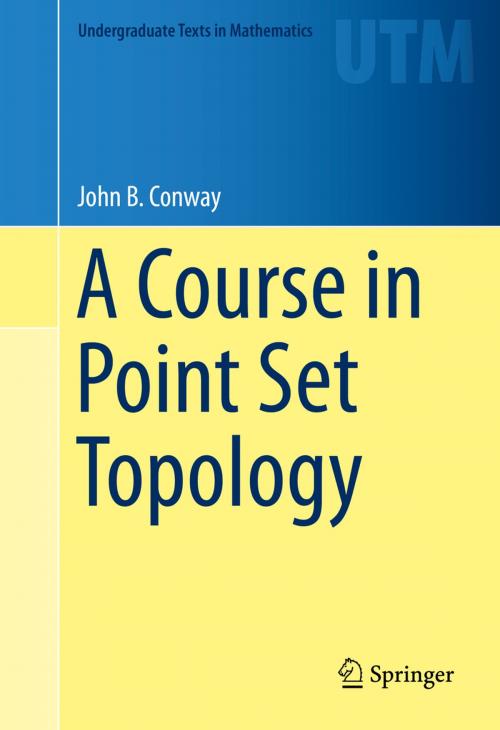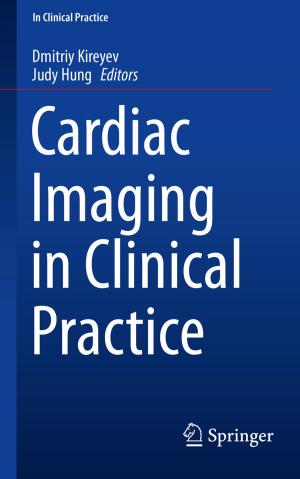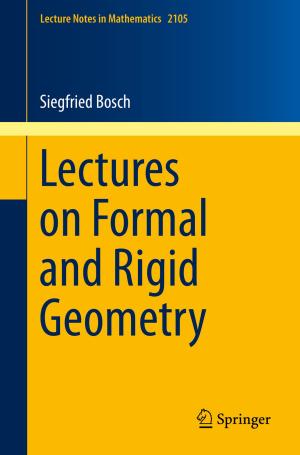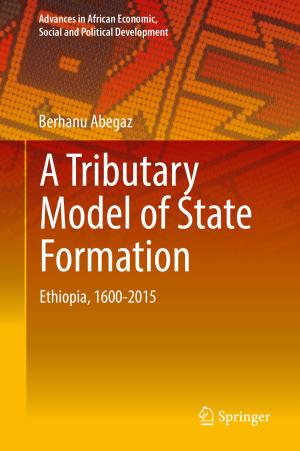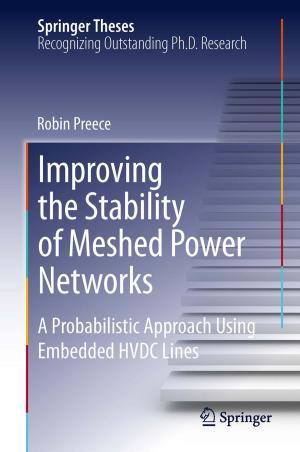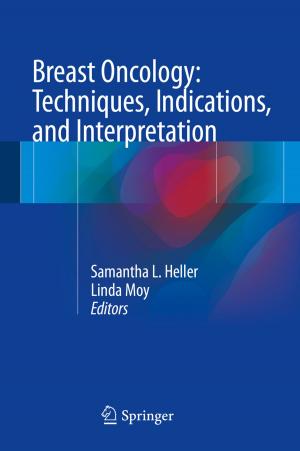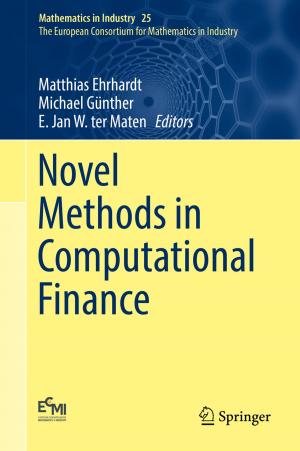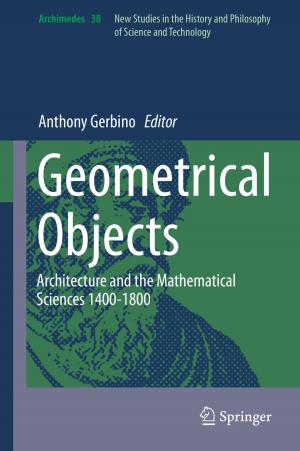| Author: | John B. Conway | ISBN: | 9783319023687 |
| Publisher: | Springer International Publishing | Publication: | November 4, 2013 |
| Imprint: | Springer | Language: | English |
| Author: | John B. Conway |
| ISBN: | 9783319023687 |
| Publisher: | Springer International Publishing |
| Publication: | November 4, 2013 |
| Imprint: | Springer |
| Language: | English |
This textbook in point set topology is aimed at an upper-undergraduate audience. Its gentle pace will be useful to students who are still learning to write proofs. Prerequisites include calculus and at least one semester of analysis, where the student has been properly exposed to the ideas of basic set theory such as subsets, unions, intersections, and functions, as well as convergence and other topological notions in the real line. Appendices are included to bridge the gap between this new material and material found in an analysis course. Metric spaces are one of the more prevalent topological spaces used in other areas and are therefore introduced in the first chapter and emphasized throughout the text. This also conforms to the approach of the book to start with the particular and work toward the more general. Chapter 2 defines and develops abstract topological spaces, with metric spaces as the source of inspiration, and with a focus on Hausdorff spaces. The final chapter concentrates on continuous real-valued functions, culminating in a development of paracompact spaces.
This textbook in point set topology is aimed at an upper-undergraduate audience. Its gentle pace will be useful to students who are still learning to write proofs. Prerequisites include calculus and at least one semester of analysis, where the student has been properly exposed to the ideas of basic set theory such as subsets, unions, intersections, and functions, as well as convergence and other topological notions in the real line. Appendices are included to bridge the gap between this new material and material found in an analysis course. Metric spaces are one of the more prevalent topological spaces used in other areas and are therefore introduced in the first chapter and emphasized throughout the text. This also conforms to the approach of the book to start with the particular and work toward the more general. Chapter 2 defines and develops abstract topological spaces, with metric spaces as the source of inspiration, and with a focus on Hausdorff spaces. The final chapter concentrates on continuous real-valued functions, culminating in a development of paracompact spaces.
